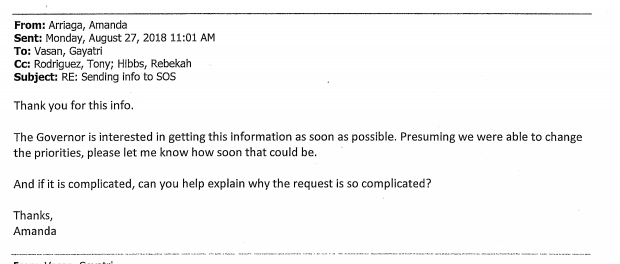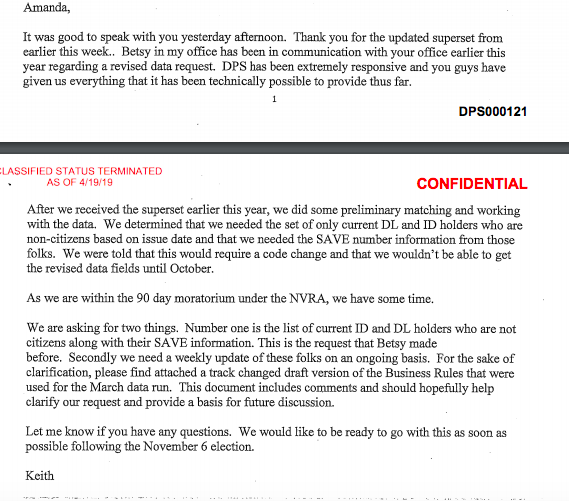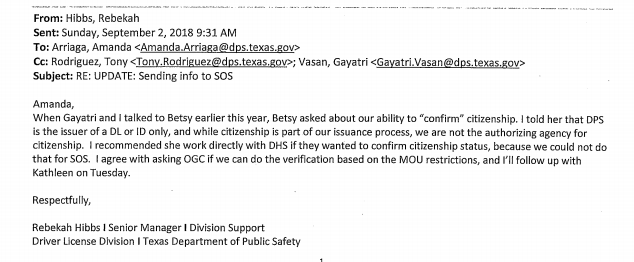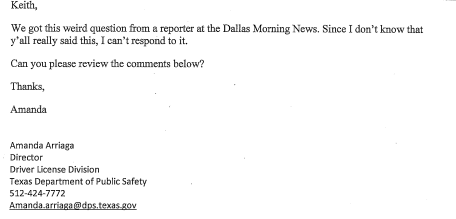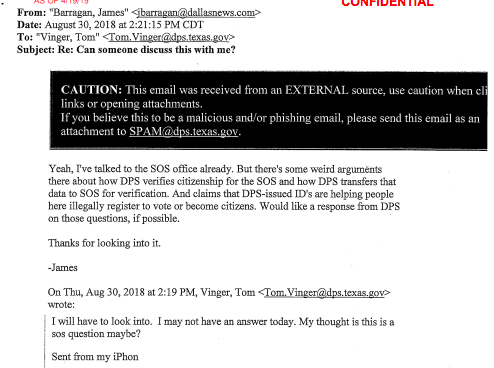Barr promised to convene civil rights leaders to discuss police reform efforts. It didn’t go quite as planned.
Toward the end of his confirmation hearing, Attorney General William P. Barr was pressed about his predecessor’s controversial directive restricting the Justice Department’s use of court-enforced agreements to push through reforms in troubled police departments.
Sen. Kamala D. Harris (D-Calif.), a presidential hopeful, sought a commitment from the attorney general to, within 90 days, meet with civil rights groups concerned with its impact.
“I’m very happy to convene that group. I’m not sure about 90 days. Give me 120,” Barr said with a laugh.
“Okay, that’s fine. That’s the agreement then. Within 120 days,” Harris responded.
Barr made the deadline with a little more than a week to spare. On Tuesday, a gathering was set at the Justice Department. But in the end, the meeting turned into a conversation between Barr and just one civil rights leader: Frederick Misilo, president of the Arc, which advocates for people with intellectual disabilities.
Six other groups invited — the NAACP, the American Civil Liberties Union, the Human Rights Campaign, UnidosUS, the National Fair Housing Alliance and the Mexican American Legal Defense and Educational Fund — did not attend.
The episode demonstrates how the relationship between the Justice Department and groups that advocate for civil rights has become politically fraught in the Trump administration. In
a letter, 11 advocacy groups said Barr had ignored an
earlier request they made for a meeting through the Leadership Conference on Civil and Human Rights, only to convene a later gathering that “excluded many of the undersigned organizations that have successfully addressed unconstitutional policing practices in communities across the country.”
“To have a conversation about the topic without some of our key partners really would have undermined the meeting, and it would not have been a meeting with the level of integrity and clarity that we wanted to have,” said Derrick Johnson, president of the NAACP. He said that his group was open to a dialogue with the Justice Department but that the current status of their relationship was “nonexistent.”
A Justice Department official said the groups invited were chosen because they had been vocal about the Justice Department’s use of court-enforced consent decrees to bring about police and other types of reform, and it was “disappointing that these groups didn’t come to the table.”
“The attorney general clearly spent the time to listen to this one president, and if there were more folks, we would have had more perspectives, but they kind of just wanted to play the political games,” the official said, who spoke on the condition of anonymity to discuss the internal Justice Department reaction.
The official said Barr is still reviewing the directive at issue: a memo issued by Attorney General Jeff Sessions just before he left the Justice Department in November. The memo restricted the department’s use of consent decrees to impose reforms on local government, requiring that two senior political appointees approve such pacts and mandating that they be limited in time to just three years.
The Obama administration had used such decrees aggressively in response to concerns about
police shootings and alleged misconduct, and civil rights advocates feared that their abandonment in the Trump administration would stifle reforms. In the letter to Barr, the civil rights groups said the Sessions directive “undermines the federal government’s most effective tool for ensuring constitutional policing practices by police departments,” and urged Barr to rescind it.
Misilo said he and Barr had “a helpful conversation with regard to the challenges presented with the attorney general’s memo.” His group, he said, is concerned in particular about how it might affect the Justice Department’s actions against local governments that act in ways that hurt people with intellectual disabilities.
Misilo said that the discussion lasted about 40 minutes and that Barr offered no firm commitments “except an openness to take our interests under advisement.”
“We felt that it would be an opportunity to really express our grave concern about the Sessions memo, and having gone through the meeting with the attorney general, we’re grateful for the invitation, and we felt that the meeting was productive,” he said.
Jesselyn McCurdy, deputy director of the ACLU’s Washington Legislative Office, said the ACLU had tentatively accepted the invitation, but withdrew when it determined that the Justice Department had “cherry picked” the participants.
“We appreciate being, I guess, on their radar list to invite us to some of these meetings, but really what’s more important than just the invitation to meetings is their willingness to actually engage and listen to our concerns and our suggestions to address the concerns,” McCurdy said.
Kelly Laco, a Justice Department spokeswoman, said in a statement that the meeting “centered on the critical role that state and federal partnerships have in ensuring that the fundamental rights of individuals, including disability rights, are protected through quality assurance and compliance on these matters.”
She said Barr was “committed to vigorous enforcement of federal civil rights laws and has directed the Department to continue its diligent work on these matters,” and that the “door remains open to groups who wish to discuss these important civil and constitutional issues.”
Misilo said the Justice Department informed his group in the days before the meeting that theother groups would not be attending, and he responded he would still be there.
“It’s their decision to make,” Misilo said, adding later, “This is an opportunity that we felt we owed to our constituency to participate in that discussion with the attorney general.”
Barr is also expected to meet soon with government and police leaders to discuss the same topic. The official said that the Justice Department is still working through another commitment he made to Harris
during his confirmation hearing: turning over a list of consent decrees it has withdrawn from since the Sessions memo.

